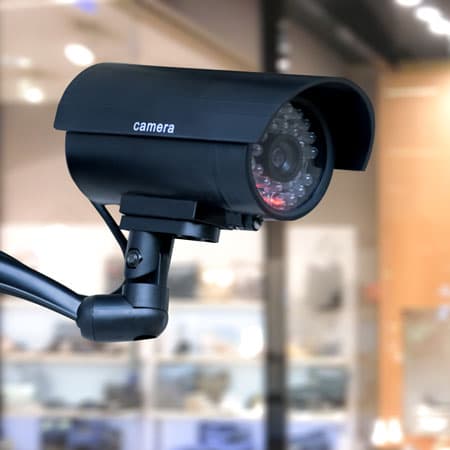Negligent security is the failure to have an appropriate amount of safety and security measures enforced to protect people from conditions that are reasonably foreseeable as dangerous. Common crimes associated with negligent security in Clearwater are vandalism, burglary, robbery, sexual assault, battery, assault, and disorderly conduct.
If establishments do not provide enough security and someone suffers an injury from this instance, they may be responsible for the damages. When security is negligent or inadequate, a Clearwater premises liability attorney will be able to help build a case for anyone who has suffered injuries from an accident.
Protection from Foreseeable Harm
A foreseeable crime is a crime that a proprietor has reasonable knowledge can or may occur based on the premises or the type of business that they are running. A party is obligated to provide enough security to ensure that their patrons are safe based on the type of business that they are running and the past experiences of the owner or based on the reputation of the type of business.
If it is reasonably foreseeable that an injury could occur to a patron and a proprietor does not take the appropriate steps to ensure that there is adequate security to either keep a dangerous condition from occurring or to protect people from the common occurrences, then they may be liable for the injuries sustained by an individual.
Determining Unforeseeable Crimes
A crime can be determined as unforeseeable if there is not a reasonable determination made that this type of criminal activity is prevalent in a particular area or around a particular business. Either the courts or the juries make that determination.
Adequate Security
Adequate security is based upon what is reasonable for a particular type of business in a particular area based on a particular type of clientele.
If the crime is foreseeable and the security is adequate, the person that is injured may have the right to collect from the criminal courts but, unfortunately, the proprietor is not a guarantor of somebody’s safety. Rather, they are obligated to ensure that they have provided as much safety as possible for their patrons. A Clearwater inadequate or negligent security case is classified as premises liability because it stems from an injury that occurred on or about real property.

Preventable Criminal Attack
A preventable criminal attack is a crime that occurs that is reasonably foreseeable and that a proprietor has reasonable reason to believe could occur and does not protect an individual against. Normally, it is a bar fight or an injury that occurs to an individual by people that are reasonably known to the proprietor to be on a property.
A preventable criminal attack is not necessarily the same as a foreseeable crime. A preventable criminal attack is, in fact, something that happens against a person. A foreseeable crime is something that can also include property crimes such as robberies or auto thefts that do not involve actual injury or harm to a person.
Case Factors
The proprietors of the property, lessors, security companies, and security personnel are all potentially liable for the injuries sustained by an individual in a case of negligent security in Clearwater.
A plaintiff needs to prove that a proprietor knew or should have known that the security that was hired or the lack of security was a foreseeable cause of the injuries sustained by the person injured. The statute of limitations for inadequate or negligent security cases in Florida is four years. Therefore, that state statute applies in Clearwater also. It is the same statute as other premises liability cases. If someone needs assistance determining the foreseeable cause of the injuries and what to do next, a Clearwater premises liability attorney is ready to assist someone building their inadequate or negligent security case out.